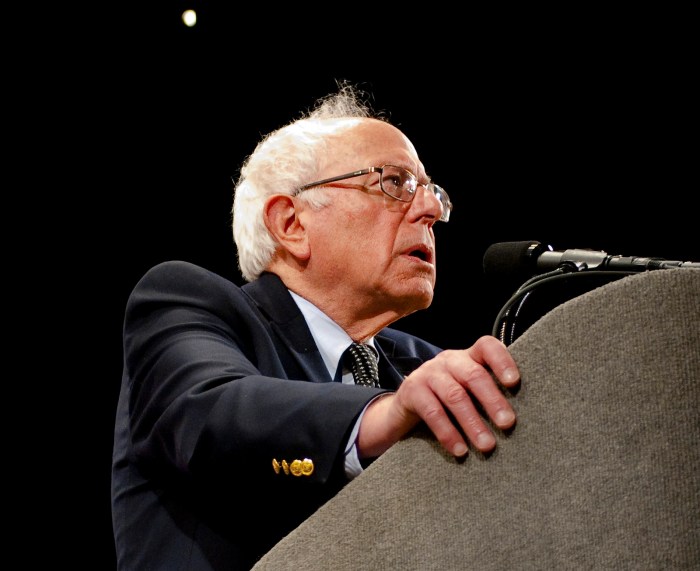Shaka Senghor served 20 years in prison for fatally shooting a man in 1991, a crime for which he pleaded guilty to second-degree murder. He was 19 when he entered the system, going from the streets of Detroit where he was raised, to the Wayne County Detention Center in Michigan, where he was released in 2010. Now, Senghor is a mentor, a motivational speaker, an MIT Media Lab Fellow alumnus and an author.
His memoir, “Writing My Wrongs: Life, Death, and Redemption in an American Prison,” is featured in the Boston Public Library’s 2017 “Black Is…” booklist for Black History Month. The book, a New York Times best seller, was just released in paperback version and helped Senghor win the 2016 NAACP Great Expectations Award. Senghor has been told his journey is “unique.” Not the part involving violence and a prison sentence — which he says is synonymous with black America — but the part about redemption.
Senghor disagrees.
“It’s easy to look at my story as an anomaly, but it’s not,” he told Metro in an interview. “Many men and women get out of prison and turn their lives around, become tax-paying citizens, contributing greatly to society. Their stories aren’t heard; no one’s talking about them, because we tend to focus on the negative.” The Boston Public Library has produced its “‘Black Is’”booklist is an annual tradition, said Anne Smart, librarian and chairwoman of the committee. “These literary works are selected to reflect the significant contributions of African-Americans to culture and society in many fields and disciplines,” she said. Senghor, who noted that books inspired him to turn his life around, said he was extremely humbled to be included on that list.
At the end of “Writing My Wrongs,” he provides a list of the books he read while incarcerated, a diverse selection that included “The Autobiography of Malcolm X” by Alex Haley, and Plato’s “The Republic.” “That other young men and women around the country are reading my work, that it possible helps stimulate those conversations to transform their lives… there’s nothing more humbling than that,” he said. While he considers it an honor to be recognized during Black History Month, Senghor stressed that that black history and American history are the same.
Neither is Senghor interested in sugar-coating his own past.
“It’s not about making up a new story,” he said. “It’s about telling the truth of who we are. We are so much more than what’s shown in the media,” including in the entertainment and music industries, he said. For Senghor, he wants people to know that he’s a nerd — “a cool, ‘hood nerd,” he called himself — and that’s OK.
“That’s what I tell the young guys, ‘If you want to be gangster, be intelligent,’” he said.
It’s feedback from kids around the country he’s received from the memoir, not his appearance on “Oprah” or the awards it has received, that makes him the proudest. The young people write him personal letters, saying they were headed down the wrong path. His book helped lead them down another. “It’s very difficult to show your worst moment over and over, but the kids I encounter, they’re worth the sacrifices I make if I can help them produce different life outcomes than I had,” Senghor said. “Not only is it my honor, but it’s my responsibility.”


















